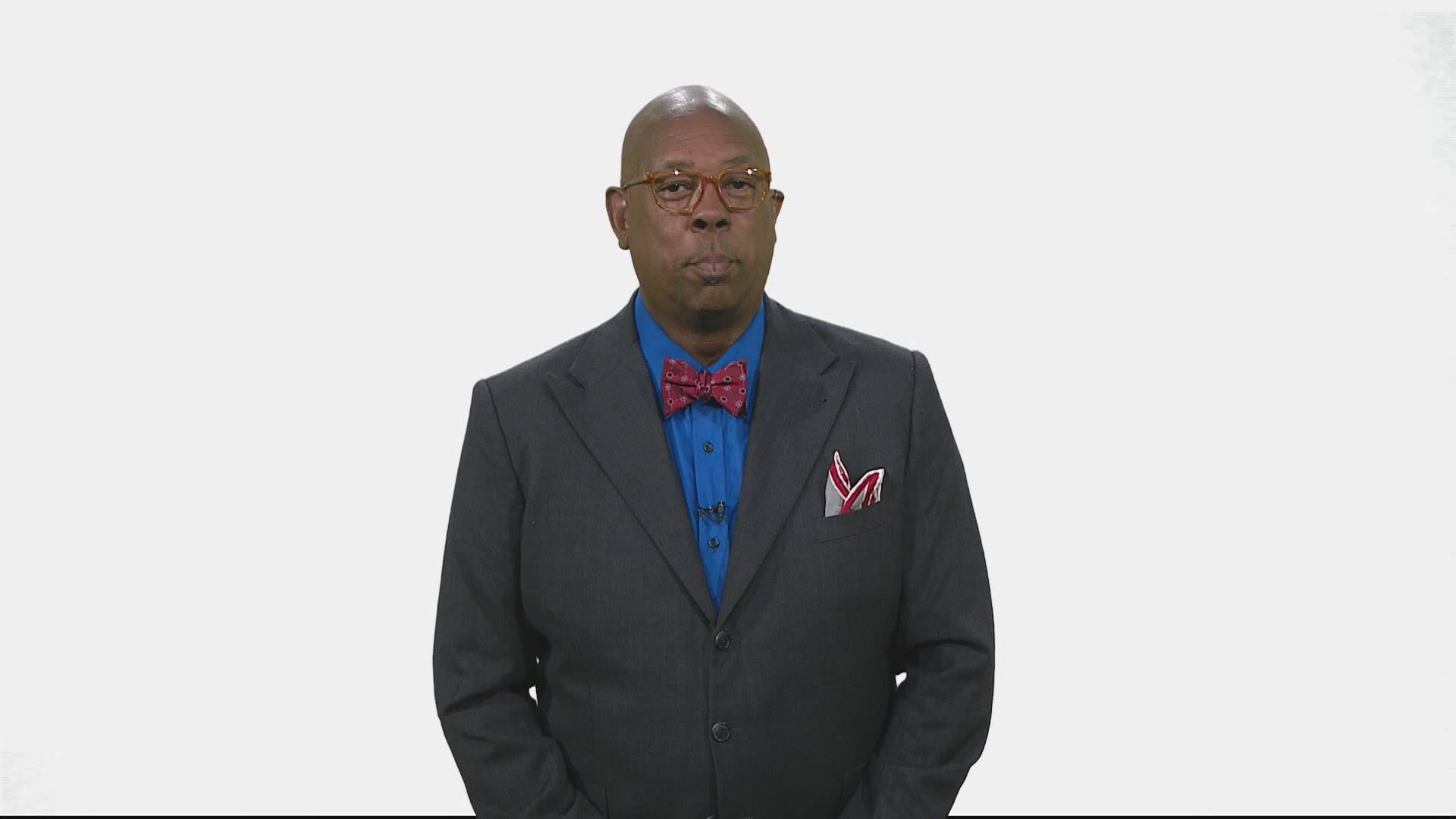I’m extremely uncomfortable being the story, although I’ve loved every minute of telling thousands of stories at KSDK over the past 40-plus years. My news director asked me to tell my story and share my opinions because she believes I have something valuable to add to the difficult conversations going on right now. I suppose you’ll be the judge of that.
“I wish America loved black people as much as it loves black culture.”
That was the Twitter wish of actress Niecy Nash in the wake of yet another unarmed black man killed by a police officer. I don’t know if Nash was the first to express that wish, but it reminded me of a scene from one of my favorite movies, Spike Lee’s racial tour de force “Do The Right Thing” (should have won Best Picture). Remember when John Turturro’s character, Pino, and Spike’s Mookie are having a heated conversation about race? Despite Pino’s dislike of African Americans, his favorite basketball player was Magic Johnson, his favorite actor was Eddie Murphy, and according to Mookie, Pino was a fan of Prince, although Pino claims he prefers Bruce Springsteen. Yet somehow, Pino does not consider Magic, Eddie, or Prince black because he idolizes them.
America loves our athletes and performers, our style, dances, music, and artwork. Our cool, our swagger.
Until it’s time to act right.
My late father saw a black man lynched. My older brothers attended segregated schools in St. Charles.

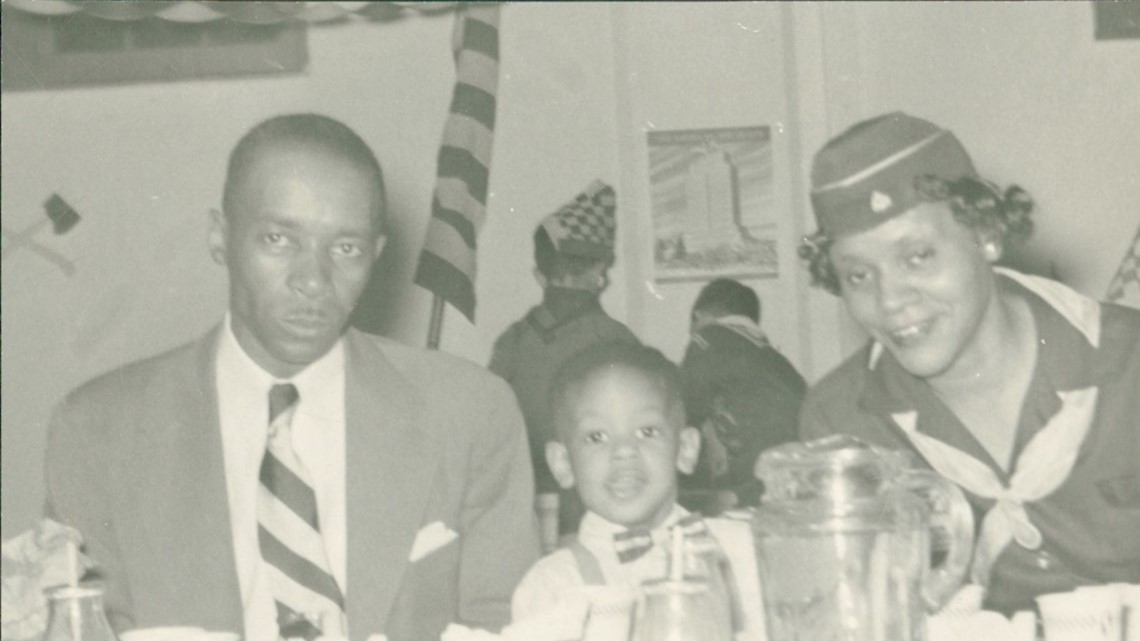
I’m 65 years old, and we’re talking about many of the same systemic problems we were talking about in 1954, the year I was born. That’s why there are protests. That’s why people of all races are demanding change in police departments, government, public schools, healthcare, banking, housing — change in the institutions and systems that determine the quality of life we attempt to lead. When the leaders don’t lead, protestors fill the void, taking a knee or marching with a sign and a megaphone.
I’m a television anchor here on 5 On Your Side and also a radio host at KTRS - a station with a mostly white audience, so it’s not hard to test the temperature of the citizenry, based on phone calls and text messages.
There are the people who already get it; the people who are self-aware enough to know what they don’t know, but are willing to listen and learn; and then there are the folks who aren’t trying to understand, or have any interest in being part of the solution, and wish black people would shut up. We let you have Obama, black quarterbacks, and the NBA. Isn’t that enough?
One caller rhetorically challenged, “What about black-on-black crime? Where’s the outrage when young black kids are killed? Why aren’t there any protests then?” Pass the Excedrin, I get a massive headache when I hear that argument. There ARE anti-gun violence protests and marches by activists, and organizations trying to stop the killings, whether you’re aware of them or not. And is it fair to ask whether more crimes might be solved if police regained trust in black communities? Would that make a difference? Google “Camden NJ Crime Drop” to see how much difference community police reform can make in reducing crime.
All crime, black-on-black, or white-on-white, is an important issue, but a conversation for another day. Right now the crime topic of the day is a bad-cop-with-knee-on-neck-of-unarmed-black-man crime, police-breaking-into-the-wrong-house-and-killing-a-black-woman crime, vigilante-white-guys-chasing-down-black-jogger crime, even Amy-in-Central Park-calling-911-claiming-the-black-birdwatcher-who-asked-her-to-put-a-leash-on-her-dog-was-threatening-her. Not a crime, but definitely a sin and a shame.
We expect criminals to commit crimes. We expect police NOT to commit crimes.
So stop saying “bad apples.” Please. I’ve never been pulled over by an apple. The police are men and women with guns and the ability to end a life, whether they use lethal force by the book when their life is legitimately threatened, or illegally using chokeholds or knees and body weight to snuff out a man’s life. “Bad apples” is a nice way of saying cops who break the law they’ve sworn to uphold. What does it mean when a police officer KNOWS the cell phone camera is recording and still keeps his knee on a man’s neck for nearly nine minutes?
When I think about all the stuff that happens to people of color every day, from micro-aggressions to murder, I relive incidents I don’t usually think about much anymore.

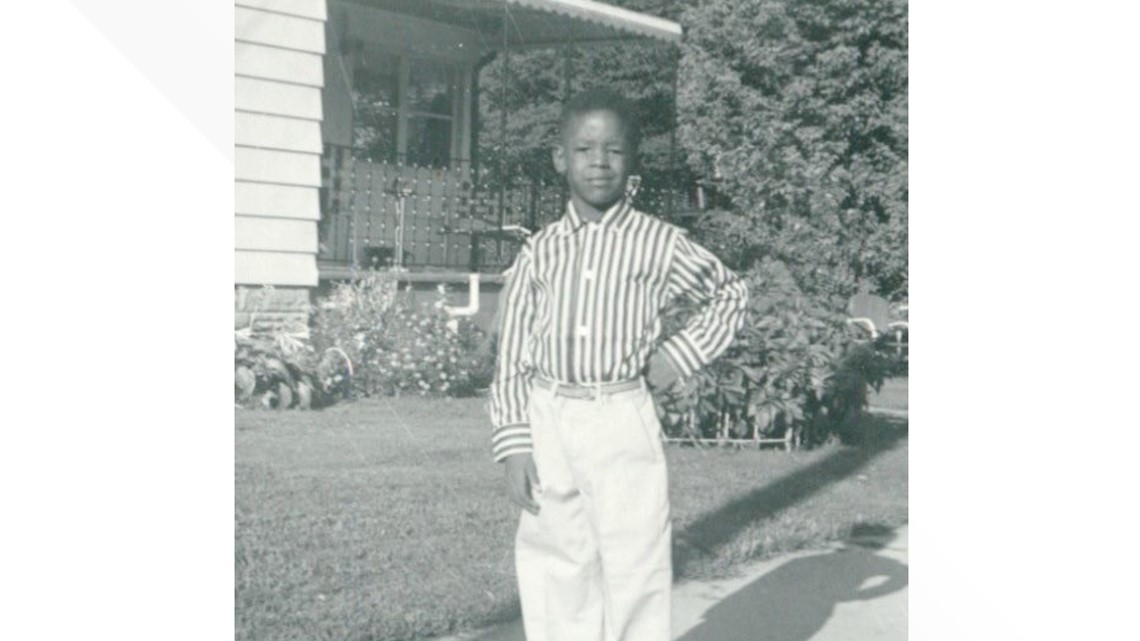
I was probably 5 or 6 years old, growing up at 6th and Morgan in St. Charles. Playing in my back yard, I noticed there was a block party going on, and my family wasn’t invited. Although we were the only black family for blocks and blocks, we had always had a friendly relationship with neighbors, always saying hello and playing with the kids around my age. So I couldn’t figure out why we weren’t invited, although even at age five, I knew it had something to do with skin. My mother made me come in the house because I wouldn’t stop staring at the party.
Fast forward: my daughter is about five years old. My parents, wife, brother, and daughter were standing outside my childhood home when some cowards drove by and yelled the N-word. My daughter, who’s now a teacher, was and is smart and perceptive. She knew the adults were upset, but she didn’t know why. When my mother asked what happened, I made up a story and my daughter knew I was lying and now she really wanted to know what happened. What happened was her first lesson in racism: some people won’t like you because of the way you look, even if they don’t know anything about you.

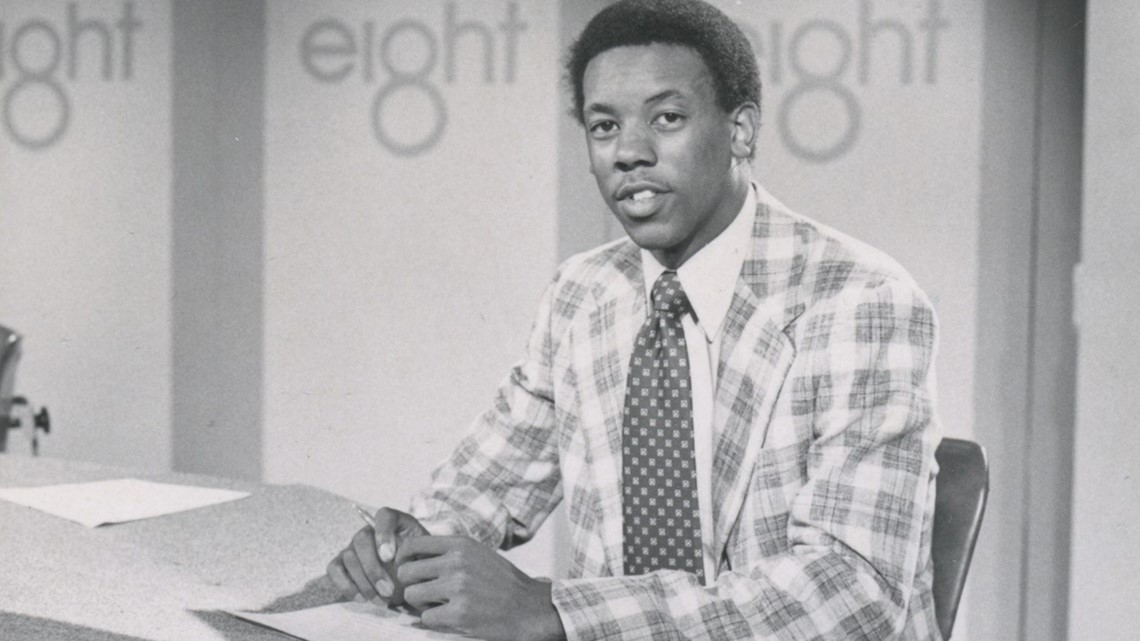
Three weeks before I graduated from the world’s first journalism school at Mizzou, I was hired as a weekend sportscaster at an Oklahoma City television station. I was excited! My first job was in a top-40 market. Not long after starting the job, a TV station salesman who I had never spoken to, asked me if I thought I was hired because I was black. It’s a conversation I’ve replayed hundreds of times since 1977, wishing for a do-over, because I would have a lot more to say to him now. My response as a 21-year-old: “Why don’t you ask the news director who hired me? I got the job.”
But I’m nobody’s victim. I’m an educated black man in America who has succeeded despite some white people and because of so many others. Like my 6th grade teacher who for whatever reason told me in front of my class that I could be whatever I wanted to be. When you’re 12 that doesn’t mean nearly as much as playing softball at recess, but now I recognize the power of praise and high expectations. Once I got into J-school, multiple instructors went out of their way to make me believe I could be successful, including the broadcast department head who made me a teaching assistant and put me in the sports anchor chair five days a week during summer school. Thank you, Leigh Wilson.
But even if your university honors you with a faculty-alumni award, even if you’re inducted into multiple halls of fame, even if you serve your community for over 40 years at a TV station, win a few awards, and become a mentor for Big Brothers Big Sisters, if you look like me, you may still be followed by security at the mall, and you’re just one bad cop away from a chokehold or a knee on your neck. If not me, maybe a friend, or one of my nephews.

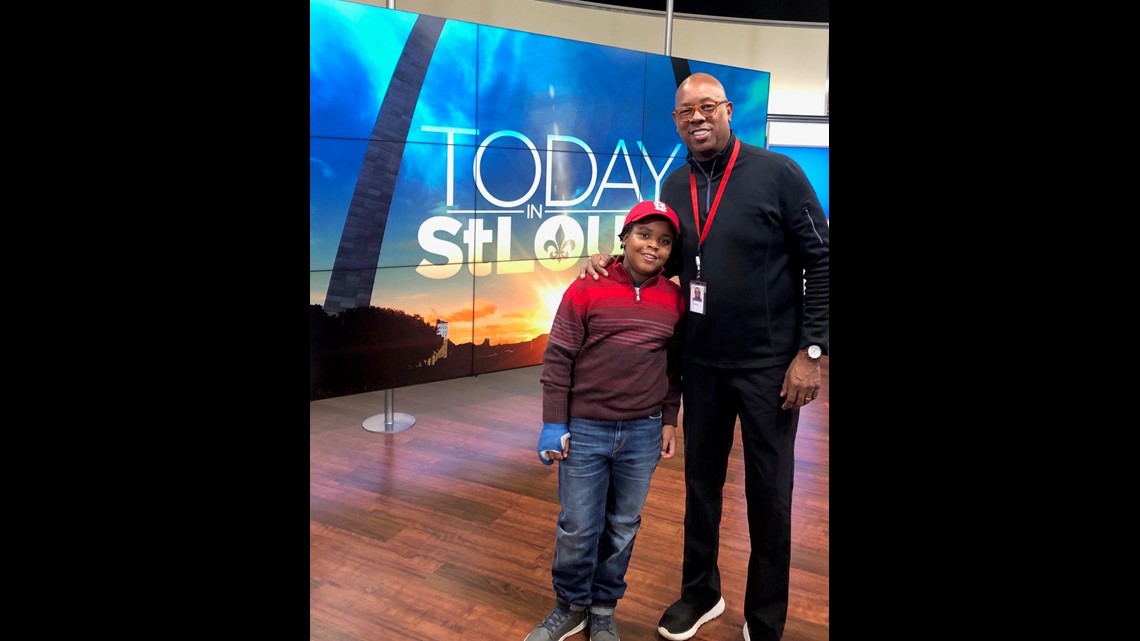
Racism isn’t getting worse. It’s getting recorded. Hollywood and movie theaters may have shut down because of Covid-19, but there are some serious, game-changing cellphone videos that are flipping the script of excessive force and racist behavior. Now that we can record it and make it go viral, it’s impossible to deny it.
Medicine can taste bitter and the cure can be painful, but maybe 2020 is the year we needed. Maybe we needed to stay home for a while, stop driving and polluting, pay more attention to loved ones and pets, appreciate teachers, talk to your neighbors. And hold police accountable, along with everyone else with influence and affluence.
To paraphrase the Stones, you don’t always get what you want, but you might get what you need. Like COVID and racism, the simultaneous viruses making history. What side of history will you be on?
Art Holliday's broadcasting career spans four decades in news and sports. Currently, he is a reporter and co-anchors 5 On Your Side at 4 p.m. alongside Kay Quinn and Scott Connell.

